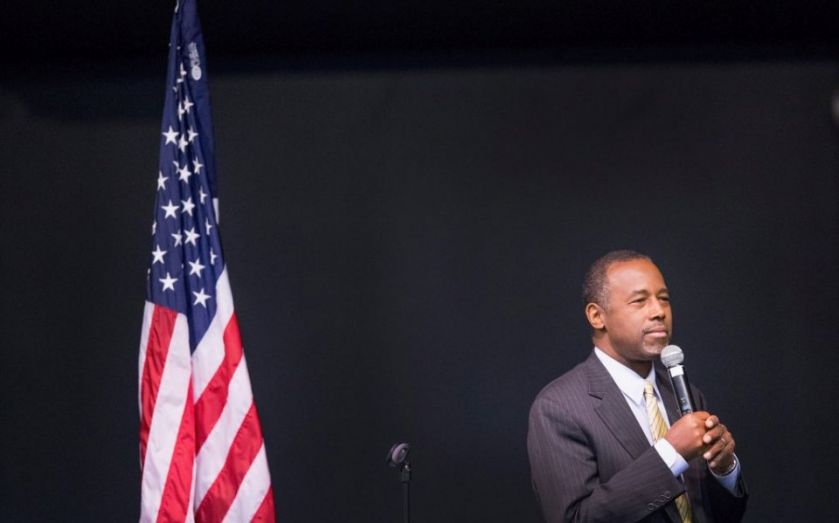Why the Paris attacks have redefined the US presidential race – and not in a good way

The 2016 US presidential race has been dramatically altered by the Paris attacks. An election that just weeks ago was dominated by whether the Obama administration’s policies should be advanced or repealed is now defined by an ever-changing, and increasingly dangerous, international climate.
President Obama never wanted to be a foreign policy President. In both the 2008 and 2012 elections, his focus was on domestic policy reform – specifically healthcare and inequality. Any commentary on America’s role internationally involved scaling back troops and interventions, almost always regardless of circumstances.
As a result, he has not been a foreign policy President; the catch, of course, being that the uprisings in the Middle East and destabilisation of US interests in countries like Iraq meant that he needed to be.
The Paris attacks are first and foremost a tragedy; secondly, they are a rude wake-up call, and the threat that Obama claimed was “contained” just a day before the attack happened has climbed its way into the big league. Isis has said that its targets for the next six months include a series of US states.
As such, a country that, over the past seven years, has only had to deal with foreign interventions through bombings and sporadic “red lines” will have to gear up, regardless of who wins the presidency, for tough decisions on Libya, Syria, and global terrorism.
Americans will want a strong defence leader for their next President; and the candidates know this. What voters don’t know – but are in the process of learning – is how far down the hawk-hole the candidates will go to secure the nomination.
Democratic contender senator Bernie Sanders might as well have put out an official statement of withdrawal when he reasserted during the second Democratic debate that, in light of the Paris attacks, climate change was still the number one threat to the United States. Many have speculated that Sanders never expected to win the nomination, but jumped in the race to influence the debate – and Clinton’s promises. Now, this notion can be treated with real authority.
Several Republican candidates have taken the opposite approach, by coming out with radical – and sometimes hopeless – foreign policy agendas.
Donald Trump has said that he will attack and destroy every member of the Islamic State – as well as Americans’ basic rights and freedoms. His proposals have included shutting down mosques (no caveat about tackling extremism specifically – just mosques in general) and to record all Muslims in a “database”. Dr Ben Carson was unable to name any country the United States would unite with to fight Isis, and accidentally asserted that China is militarily based in Syria.
And almost all candidates – including those who claimed to be moderate before the Paris attacks, like senator Marco Rubio, governor Jeb Bush and even secretary Clinton – have called for no-fly zones over Syria. Only senator Rand Paul has had the sense to point out that this could have serious ramifications, including the possibility of shooting down Russian planes.
The western powers are finally setting out what military action they will take to deal with the situation in Syria. Let’s hope the Democratic and Republican moderates return to their senses and start offering comprehensive foreign policy proposals, not ill-thought-out sound bites. After all, one of them will be the next leader of the free world.